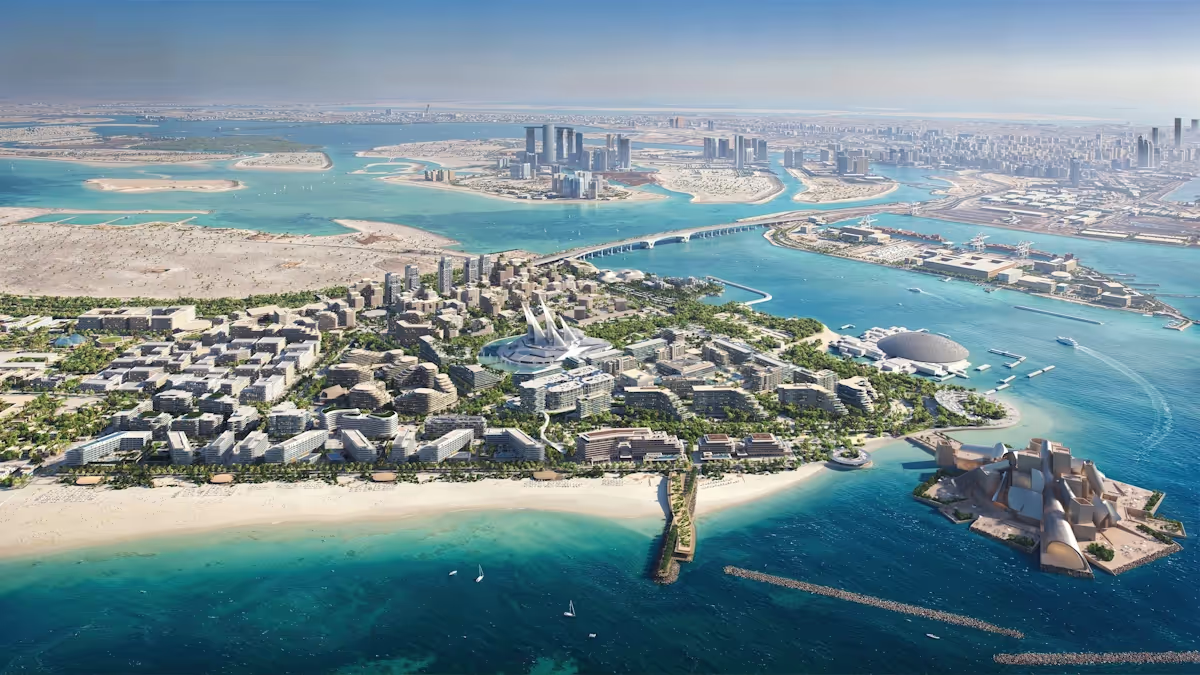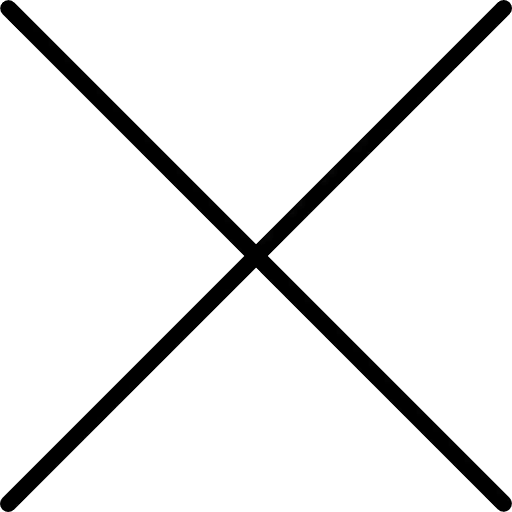The education system in Abu Dhabi
Abu Dhabi offers a wide range of educational opportunities for expat children, who can attend either public or private education institutions. There are some differences between public and private nurseries/kindergartens and schools. For example, public schools follow the Emirati national curriculum, while private schools provide the IB programme or the international curricula. Another example of the differences between public and private educational institutions is the number of semesters: public schools operate on a trimester system, while private schools use a two-semester model.
The education system in Abu Dhabi
In Abu Dhabi, the individual regulatory body for educational institutions is the Abu Dhabi Education Council (ADEC), which manages education, adopts and implements different educational development initiatives and strategies in the emirate. ADEC operates 251 public schools with an enrollment of 133K students, as well as regulates 192 private schools with an enrollment of 244K students.
The key feature of the school curriculum in Abu Dhabi is the careful observation of children by teachers in order to determine the strength of each individual pupil. Within the framework of supporting the individual educational needs of each student, teachers consult parents about the planning and development of the child’s learning opportunities. For example, if a child has a well-developed creative thinking, then the student and their parents will be advised to pay special attention to creative subjects such as music, art, etc.
The school calendar for both public and private schools in Abu Dhabi is published online by the Ministry of Education. The school week in the emirate lasts from Monday to Friday.
In the UAE capital, public and private schools offer programmes from kindergarten to Grade 12. All children in the country must be enrolled in school from the age of 6. Primary education in Abu Dhabi includes education from Grade 1 to Grade 5 (6–11 years). Students should be proficient in subjects such as natural sciences, mathematics, English and/or Arabic, as well as social science.
In Abu Dhabi, an intermediate level of education in public schools (11–13 years) for expats is obligatory. The following level is secondary education (14–18 years).
Note! Some schools in Abu Dhabi may offer only a primary education, while others may offer kindergarten through to secondary education.
Education in Abu Dhabi schools is conducted in two languages: Arabic and English. As Arabic is the official language in the UAE, it is most commonly used in public educational institutions.
Pre-school education
Nurseries
In Abu Dhabi, parents can send their children to nursery from 1.5 months, but most often, nurseries accept children from 4 months old. A child can attend kindergarten up to 4 years old.
Note! Not all nurseries in the emirate accept children from such a young age. It is recommended to clarify this point when you contact the nursery.
Nurseries in Abu Dhabi encourage purposeful play and promote individualised learning with various activities, such as sports, music exploration, creative arts and storytelling. The programme in nurseries caters to the needs of each age group. Some private nurseries, such as White Fields Nursery, integrate STEM learning into the curriculum in order to provide a ‘learning through experience’ method.
The educational institutions provide different curricula, including UK EYFS, American, Reggio Emilia and Montessori. The average fee in nurseries for children in Abu Dhabi range from AED 15K (USD 4K) to AED 39K (USD 10,6K) per year.
Nurseries in Abu Dhabi work from Monday to Friday. The most common working hours are from 7 am to 5–6 pm.
Kindergartens in Abu Dhabi
After nursery, children of 4–6 years old can voluntarily attend kindergartens. The system of kindergartens in Abu Dhabi consists of two levels, where children attend two years of mixed-gender classes: Kindergarten 1 (KG1) and Kindergarten 2 (KG2).
Kindergartens prepare the children to be successful in primary school and beyond: these institutions are located directly in the school buildings and are part of the structure of the primary school. Teachers and the staff teach children to communicate, play sports, study arithmetic and the alphabet, and receive other academic skills. At the request of the parent, the child can also learn languages in preschool institutions, such as Arabic, English and French. The school day lasts between 3–6 hours. Kindergartens in the UAE capital provide children with a large outdoor play area and an eco-friendly environment in order to create a friendly and happy atmosphere.
The average fee for kindergartens varies from AED 15K (USD 4K) to AED 32K (USD 9K) per year. These institutions in Abu Dhabi work from Monday to Friday. It is recommended that parents clarify the working hours when contacting the chosen kindergarten.
How can expat children enroll in nurseries/kindergartens in Abu Dhabi?
Parents can send their children to kindergarten at different ages, depending on the requirements of the nursery itself. For example, private Blooming Buds Nursery in Al Bateen accepts children from the age of 12 months to 4 years, while the private Apple Bee Nursery welcomes children from the age of 6 weeks to 4 years.
The procedure for registration in a nursery or kindergarten in Abu Dhabi is quite simple, but you will need to clarify what documents are needed to enroll your child directly from the preschool institution management team.
Schools in Abu Dhabi
There are two types of schools in Abu Dhabi: public and private. Approximately 79% of students in public schools are Emirati nationals and 21% – expat children. In private schools, about 75% of students are expats, and 25% – Emirati nationals.
Public schools operate in a system with centrally developed policies, curricula, as well as common year end assessments. The ADEC establishes the performance standards in these schools. Several private schools in Abu Dhabi provide international curricula including the International Baccalaureate, the General Certificate of Secondary Education and Advanced Placement courses.
Public schools in Abu Dhabi operate on a trimester system, while private schools tend to use a more common two-semester model. Both types of schools offer winter holidays in December, spring holidays at the end of March and summer holidays in the hot months.
Note! The teaching philosophy, the available subjects, and the exam schedule are important issues that parents should discuss with school representatives during the selection of a suitable school.
Students of both public and private schools are tested throughout the school year, as well as at the end of each school year, to ensure a smoother transition to the next grade. Starting in 2017, students of both public and private schools, who adhere to the national curriculum, must pass the Emirates Standardized Test (EmSAT). This exam is required for admission to most public universities and colleges.
"To find out information about the top universities for international students in Abu Dhabi, read this article."
Public schools
Education in public schools in Abu Dhabi is free for Emirati nationals, holders of a UAE passport and GCC citizens. Since 2001, public school education is available for expats for a fee and subject to approval, based on merit.
Note! It is necessary to remember that state schools are segregated by gender, and the language of education is Arabic for all subjects.
Public schools follow the Emirati national curriculum, and students receive the General Secondary Education Certificate after successfully passing the final exams during a secondary school.
Secondary education in public schools starts in Grade 9. Secondary schools teach most of the same subjects as primary schools, but may add or exclude certain courses, such as, for example, music.
There is a choice for students in public schools to enroll in a technical secondary school or continue to study along an academic track. Technical schools offer different vocational specialisations, including finance, computer technology and health sciences.
The initial price of education in a public school costs AED 6K (USD 1,6K) per annum.
Private schools
Private schools in Abu Dhabi are supervised by the ADEC and follow different educational systems. Some institutions use the curricula of India, the UK, USA, Germany, Canada, France and Ireland, while others offer the International Baccalaureate (IB) programme. Teaching methods in private schools range between a focus on rote memorization and weekly testing, and a less rigid teaching style and more occasional testing.
In private schools, students can choose the language of education based on their curricula. Institutions may also offer foreign languages including Persian, Japanese, German and French.
Graduation requirements in private schools in Abu Dhabi vary. Pupils have to adhere to continual, term-end, and year-end assessments. In addition, if the private school offers IB or the British GCSE education system, they also need to pass international exams in order to graduate.
For expat children enrolled in private schools in Abu Dhabi, the fee for education ranges depending on the grade level: the fee in high school may constitute AED 70K (USD 19K). The price of education in private schools can vary from AED 2K (USD 545) to AED 96K (USD 26K).
How can expat children enroll in schools in Abu Dhabi?
UAE public schools are free of charge for Emirati nationals and are available for expats for a separate fee. To enroll a child into public school, parents need to contact the Board of Education in their region, where they will be asked to submit an application along with supporting documents, including a lease contract, residence permits, passports and UAE visas.
Admission requirements to private institutions vary from school to school. Parents/guardians are allowed to visit the school prior to registration. Some schools have waiting lists, because it is difficult to find places in popular establishments. Schools with available places will keep taking students until September. If all places in the school with British and American curricula are occupied, then admissions for the following academic year will open around March 1.
In Abu Dhabi, private schools may conduct an interview with a student of Grade 1 — Grade 12, and the student may be required to take certain tests to define their performance level. But these tests are taken only for identification of proper learning support to the student in the future.
A complete registration form for public school should contain full contact details of the student’s parents / guardians, as well as basic student details, including their full name in both Arabic and English, nationality, date and place of birth, and their address. Other necessary documents comprise an Emirates ID card, medical card and academic reports for previous years.
Summary
1. In Abu Dhabi, public and private schools offer kindergarten to Grade 12.
2. All children must be enrolled in school from the age of 6.
3. UAE public schools are free of charge for Emirati nationals, and are available for expats for a separate fee and subject to approval, based on merit.
4. The school week in the emirate lasts from Monday to Friday.
5. The necessary documents to apply for a public school comprise a lease contract, residence permits, passports and UAE visas. The documents needed for the application in private school are Emirates ID card, medical card and academic reports for previous years.






